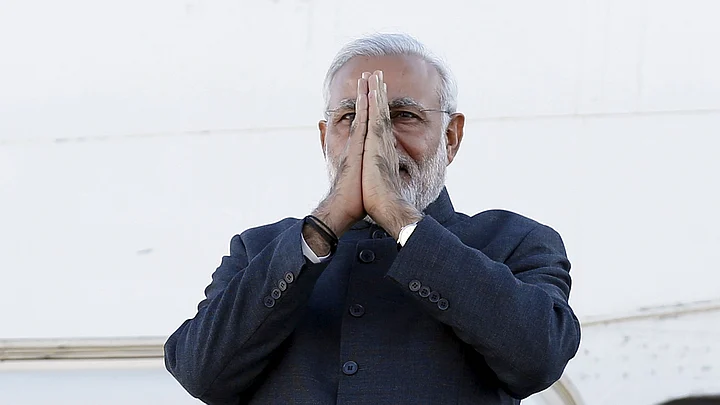Following up on its election promise for ‘clean’ governance, the Central Government has taken the first step – changes in the Prevention of Corruption Act, 1988 have last week been cleared in the Cabinet.
There is also talk of a slew of connected measures in the offing; the signal is clear that a campaign to address the twin-menace of corruption and black-money will be mounted. How effective it will be, is of major interest.
Proposed Amendments
The proposed textual changes have ushered in new concepts. Penal provisions have been enhanced, punishment is envisaged both for the bribe giver and taker. Bribe-giving commercial establishments have been brought into ambit – thus signaling that the responsibility for bribing a public servant will go right upto to the head of the organization. The concept of non-monetary gratification has been inducted.
To give greater comfort to officials who formulate policy proposals, often with inadequate information as well as without the benefit of hindsight, the procedure for prior approval for investigation / prosecution has been extended also to retired civil servants.
A ceiling of two years has been fixed for completing the trials, presumably including appeals – a special court system is also envisaged to bring shaper focus. These and other features arouse expectations that the government is serious in addressing the issue.
There was speculation that Section 13(d)(iii) of the PC Act 1988 would be dropped, dealing with willful loss to public exchequer, even when a quid pro quo is not readily visible. The aborted 2013 Amendment Act suggested deletion, on the ground that this may lead to harassment; the subsequent Parliamentary Committee (February 2014), supported by the recent Law Commission Report maintained that this section should not be dropped.
It will be of interest to see if this clause is still retained – it is possible to argue, with some force, that in many instances of brazen surrender of public financial interest, it may not always be easy to find evidence of a bilateral monetary ‘deal’, considering that in many cases the compensation process is complex, multilateral and often non-monetary in nature. Indeed, dropping of this provision would seriously affect the success of many cases like those relating to 2G, Coalgate etc.
Is There a Will to Combat Corruption?
There need be no illusion that laws, however well conceived, will dramatically reduce corruption. The key relates to the will or desire to clean up the system.
The earlier government, for ten years, broke all records and established new bench marks, all under the benign eye of the Tsun Tzu policy of Manmohan Singh (you-do-what-you-like, so-long-as-I-can-remain-in-my-chair), giving free rein to the likes of Raja and Co. However, the States were never behind, with galloping advances in levels of corruption, not just in the field, but also in nearly every issue of discretion at the State capital level.
Narendra Modi surely has recently cleaned up the Central administration to a large extent; but he has no reach, as of now, to influence the states. When corruption has become the life-blood of politics in the States, do not expect the State Chief Ministers to work against their own interests. Unless there is a new dramatic addition to the equation, a new Act, however sophisticated, may have limited or no impact in our states and rural areas.
Besides, major reforms to the electoral system, politics, and judiciary are imperative for any administrative reforms to have impact. All that has happened is that the first shot has been fired – but is it more a whistle in the dark?
TSR Subramanian, an IAS officer made remarkable attempts at administrative reforms during his tenure as Cabinet Secretary that includes the first draft of the Right to Information Act. Subramanian has held several key positions in the Ministry of Commerce and Agriculture and in the Government of Uttar Pradesh.
